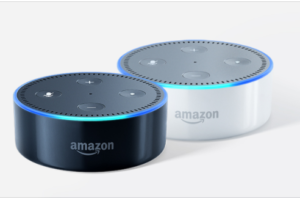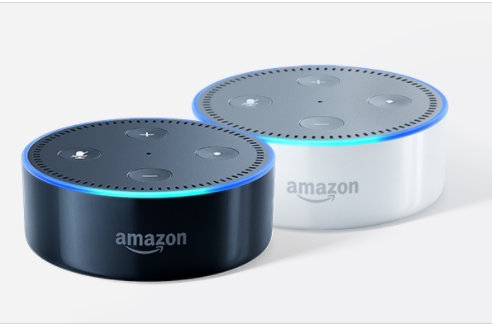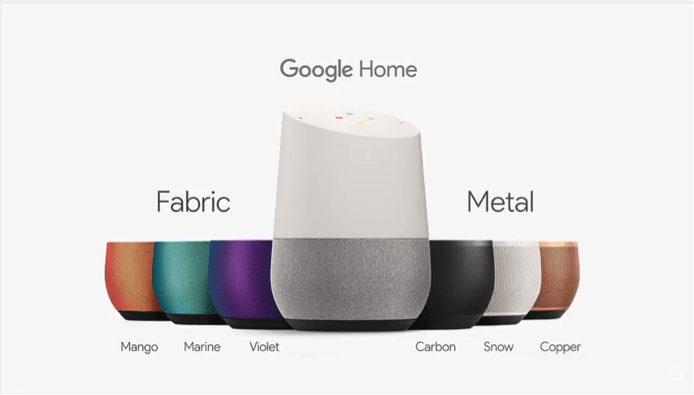
Virtual Assistants To Be The Future Controllers Of Devices
After being into the market for some two years after the start, now voice assistants are on the path to learning new languages along with connecting to more devices at home, but despite that, it has not converted into a trend to be adopted by the masses and widespread use seems to be some way off.

Called as Virtual Assistants, they function with the help of artificial intelligence (AI) programmes and easily accessible from smartphones, smart televisions, cars and Amazon’s Echo speaker and more.
These VAs are connected through the cloud to search engines, databases, apps and many other devices with a design that allow users to retrieve information and control over their digital world without even touching a phone or computer.

According to the stats provided by consultancy Canalys, for this year alone the sales are expected to go up in sales from about 40 million last year to some 100 million devices featuring devices like Google Assistant or Apple’s Siri are set to be sold.
The figures still seem to be very less when compared to the billions of smartphones in people’s pockets around the world.
“Virtual assistants will reach mainstream adoption in the next two to five years,” predicts Mike J. Walker, vice-president of research at Gartner.
He predicts that the popularity of speakers and other electronics featuring voice-controlled artificial intelligence (AI) may ebb temporarily before their blockbuster moment arrives.
A multinational electronics company like Panasonic displays air conditioning systems, lights, and televisions that can be easily turned on or off all at once by simply saying to Google’s assistant “I’m home” or “good night”.
But sector experts are of the view that the array of gadgets that can be easily controlled and tasks completed with the help of spoken commands alone are racing ahead of users like turning on the heating to ordering a taxi.
“Early adopters will have limited evidence on which to base their own best practices” in dealing with voice technology, Gartner predicts.
Many people may not be knowing their silicon-powered butler’s talents, using them instead as simple speech-driven search engines.
While the trend may pick up soon to give up visiting stores in favor of online shopping, so-called “voice commerce” still puts off consumers.
As regard to personal data, different companies offer their own forms of reassurance about personal data like the Google allowing users to delete their voice history and Apple retaining privacy information saved on the iPhone of the customer, inspite of on the cloud.
One of the crucial areas where firms are making progress is language with company like Amazon adding French to Alexa and Google offering bilingual control in any two of these languages: English, German, Spanish, Italian, or Japanese.
You May Also Read: First Of 100 Airframes For BrahMos Missiles Delivered By Godrej Aerospace